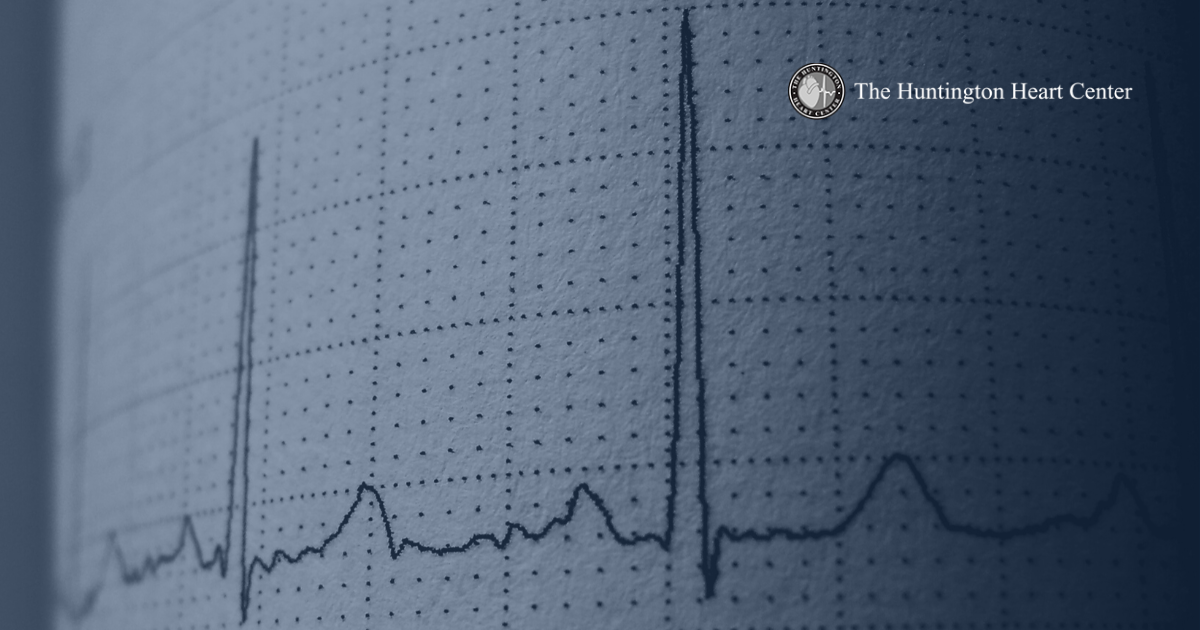Category Archives: Irregular Heartbeat
When Should You Get an Irregular Heartbeat Checked?
An irregular heartbeat can occur in just about any patient, regardless of gender, age or lifestyle, although it is more common in older patients who are suffering from obesity or excess weight. The duration and severity of the irregular heartbeat can vary widely between patients as well. Some patients may notice a small flutter occasionally, which may or may not get worse over time. Other patients may find themselves going to the hospital thinking that they are having a heart attack because the irregularity is so severe and persistent. These episodes can last anywhere from a few seconds to days, weeks or even months.
What You Can Expect After Your Cardiac Catheter Ablation
Cardiac catheter ablation is the leading edge of arrhythmia treatment. It is currently the safest and most effective way to cure an irregular heartbeat, in many cases, but is also excellent in managing the symptoms caused by atrial fibrillation, or Afib, as well as other common arrhythmias.
What Can Trigger Atrial Fibrillation?
Atrial fibrillation, also known as AFib or AF is the most common heart arrhythmia or heart rhythm disorder in the US and around the world. AFib begins in the atria, the upper to chambers of the heart. Typically, errant electrical signals in the heart lead to an irregular heartbeat. This can cause significant symptoms including shortness of breath, pain, a sense that the patient’s heart is beating out of their chest and more. Many patients believe that they are having a heart attack and end up in the emergency room. More importantly, AFib can increase the risk of stroke by up to five times and, over the long term, can weaken the heart, leading to heart failure.
Obesity, Irregular Heartbeat and Stroke Risk
As we learn more about excess weight and its consequences, it has become clear how far-reaching its effects truly are. We have known for years that excess weight can lead to cardiac issues as a result of high blood pressure and high cholesterol. More recent studies have identified that some of the factors underlying cardiac arrhythmias, including atrial fibrillation, are directly linked to excess weight and obesity. A 2015 study1 in the Canadian Journal of Cardiology shows that obesity has direct follow-on ramifications including increased risk of sudden cardiac death (SCD) and atrial fibrillation.









